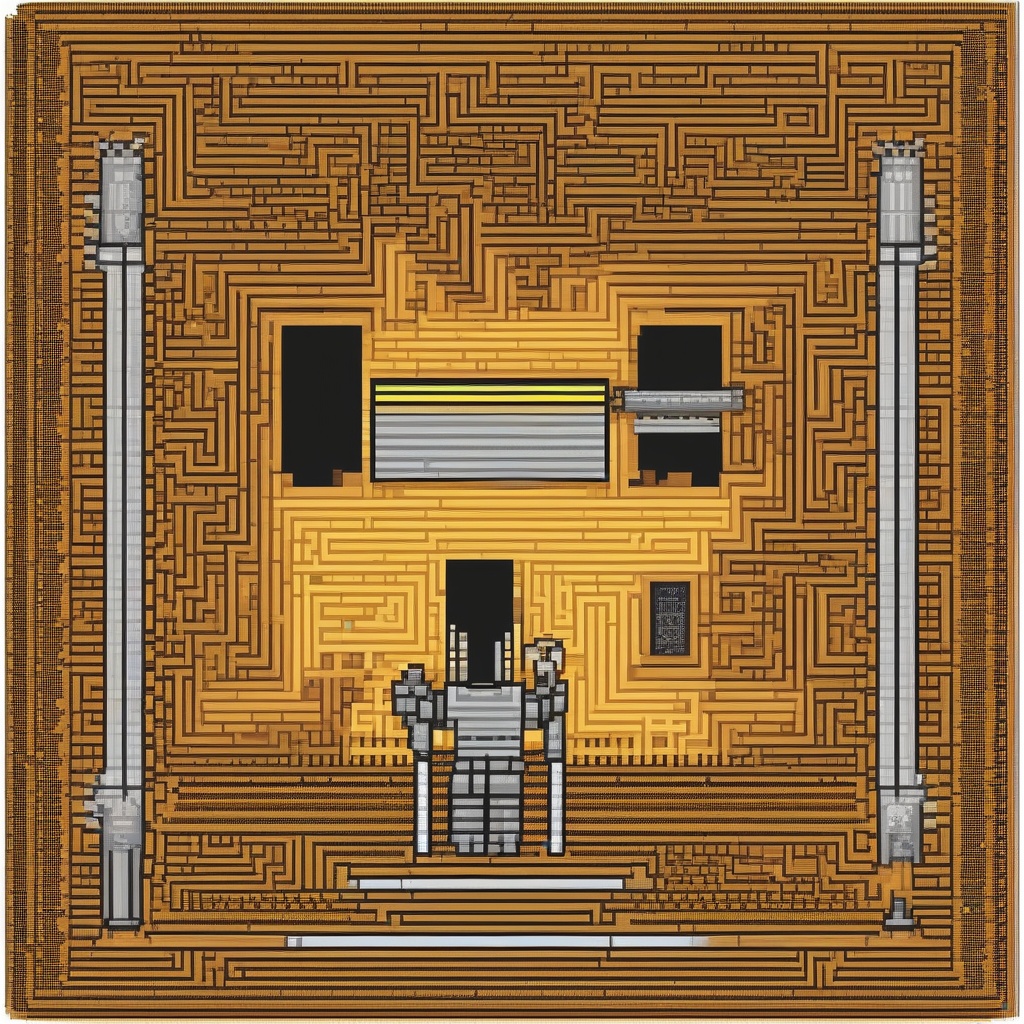What is the DeFi money Coin?
Could you please elaborate on the concept of DeFi money Coin? I'm intrigued to understand its nature, purpose, and how it fits into the broader decentralized finance landscape. How does it differ from traditional financial instruments and other cryptocurrencies? What are its key features and benefits that make it unique in the market? Additionally, what are some potential risks and challenges associated with investing in DeFi money Coin?

What is the best DeFi crypto wallet?
In the ever-evolving world of cryptocurrency and decentralized finance (DeFi), selecting the best DeFi crypto wallet can be a daunting task. But what exactly makes a DeFi wallet stand out from the rest? Is it the security features that protect your digital assets, or the user-friendly interface that simplifies transactions? Or perhaps it's the range of supported cryptocurrencies and DeFi protocols that set it apart. With so many options available, how do you determine which DeFi wallet is best for your needs? Join me as we delve into the key considerations to make when choosing the best DeFi crypto wallet for your unique circumstances.

What wallets are DeFi?
DeFi, or decentralized finance, refers to financial services that are built on top of blockchain technology and operate without intermediaries like banks or financial institutions. So, the question of 'What wallets are DeFi?' actually touches on a bit of a misconception. Wallets themselves are not DeFi, but rather, they are tools used to interact with DeFi protocols and applications. In the context of DeFi, wallets play a crucial role as they enable users to store, send, and receive digital assets, including cryptocurrencies and tokens that are used in DeFi platforms. These wallets can be either hot or cold, depending on whether they are connected to the internet or not. Hot wallets are more convenient for daily transactions, while cold wallets offer higher security for long-term storage of assets. Some popular wallets that are commonly used in the DeFi space include MetaMask, Trust Wallet, and Ledger Nano. These wallets allow users to connect to DeFi platforms and applications, where they can participate in lending, borrowing, trading, and other financial activities in a decentralized and trustless manner. So, in summary, wallets are not DeFi, but they are essential tools for interacting with DeFi protocols and applications, enabling users to participate in a wide range of financial activities in a decentralized and secure manner.

How to buy DeFi?
Are you interested in purchasing DeFi tokens but unsure of the process? Well, let me guide you through it. The first step is to research and identify the DeFi project you're interested in. Once you've made your choice, you'll need to set up a cryptocurrency wallet that supports the token you're looking to buy. Next, you'll need to purchase a cryptocurrency like Ethereum, as many DeFi tokens are built on the Ethereum blockchain. You can do this through a cryptocurrency exchange. After acquiring your Ethereum, you can use it to purchase the DeFi token on a decentralized exchange (DEX) or a centralized exchange that supports the token. Always remember to conduct thorough research and exercise caution when dealing with cryptocurrencies and DeFi projects.

Can you sell DeFi token?
Excuse me, could you possibly enlighten me on the possibility of selling DeFi tokens? I'm quite intrigued by the potential opportunities in the decentralized finance space, and I'm keen to understand if it's feasible to liquidate such tokens for cash or other cryptocurrencies. Could you elaborate on the process, the platforms that support such transactions, and any potential risks or considerations that one should be aware of when engaging in such activities?

